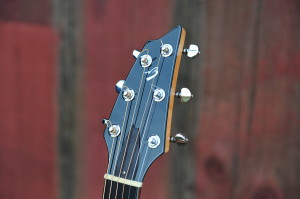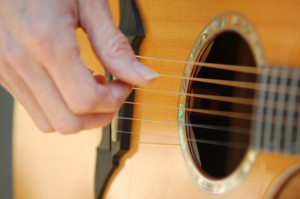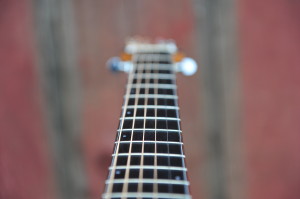McPherson Guitar
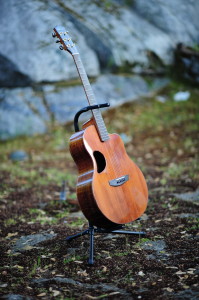
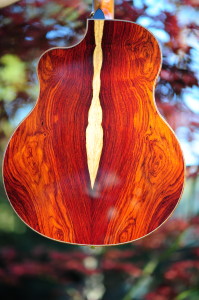
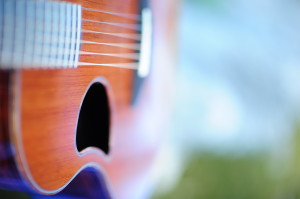
McPherson MG 4.5 XP acoustic/electric; Beautiful Colobolo back and sides, with Redwood Top. The neck is solid mahogany with an ebony fretboard. Beautiful koa binding, an ebony bridge, an L.R. Baggs pickup system, and Schaller tuners with Goth pegs to round out the package. This guitar is built like a battle ax…with very warm sounding tones and great sustains.
Breedlove C12/MP
Breedlove C12/MP acoustic/electric; Beautiful Quilted Maple back and sides, with Cedar Top. The guitar was built by Steve Henderson. Electronics are Fishman Eclipse Blended mic/pickup, and Grover tuners. It’s a very light feeling guitar, that has great high end delivery.
Equipment Used for Performing and Recording
�* Boss RC-20/XL Phase Recorder….aka a Looper.
* Yamaha Magicstomp Acoustic
* Line 6 -DL4 Delay Modeler.
Performing: Bose System 2
Recording: Apogee Duet interface
Over the years, I have found it difficult to find people to play guitar with…and those that I do meet with would rather sit and listen to what I’ve come-up with, rather than exchanging ideas and/or chord progressions. So, for those of you looking to progress in your playing style, do yourself a big favor and buy yourself a looping machine. I play about 80% of my songs using loops that I create on the fly when I practice or perform….nothing pre-recorded. It’s a great tool because it helps you hear your song you’ve created from a different perspective; perfects your foot timing when stomping on the box to repeat your loops; and it shows flaws & timing issues. And as you create new songs, you’ll be able check for:
Does the song flow the way you intended it to?
Does the song play too slow or fast for the mood you’re trying to create?
Are the overlays and timings right?
Are there notes that tend to clash with each other, rather than making it an interesting piece?
I happen to use the Boss RC-20XL for live playing and recording. I do have the Boss RC-50, which gives you a lot of options while performing, but, be aware that the first iteration of the first loop will have a slight dead pause at the beginning of the first loop back. After the first iteration of the loop plays through, the pause is gone for the rest of the playing time for that particular song. This is very frustrating when playing a live performance. The only way to minimize the pause duration with the RC-50 is to give priority to “audio” vs. “rhythm.” Unfortunately, you’ll only find one line in the last paragraph in the back of the instruction booklet that gives you this little bit of information.
Hope this information helps!



